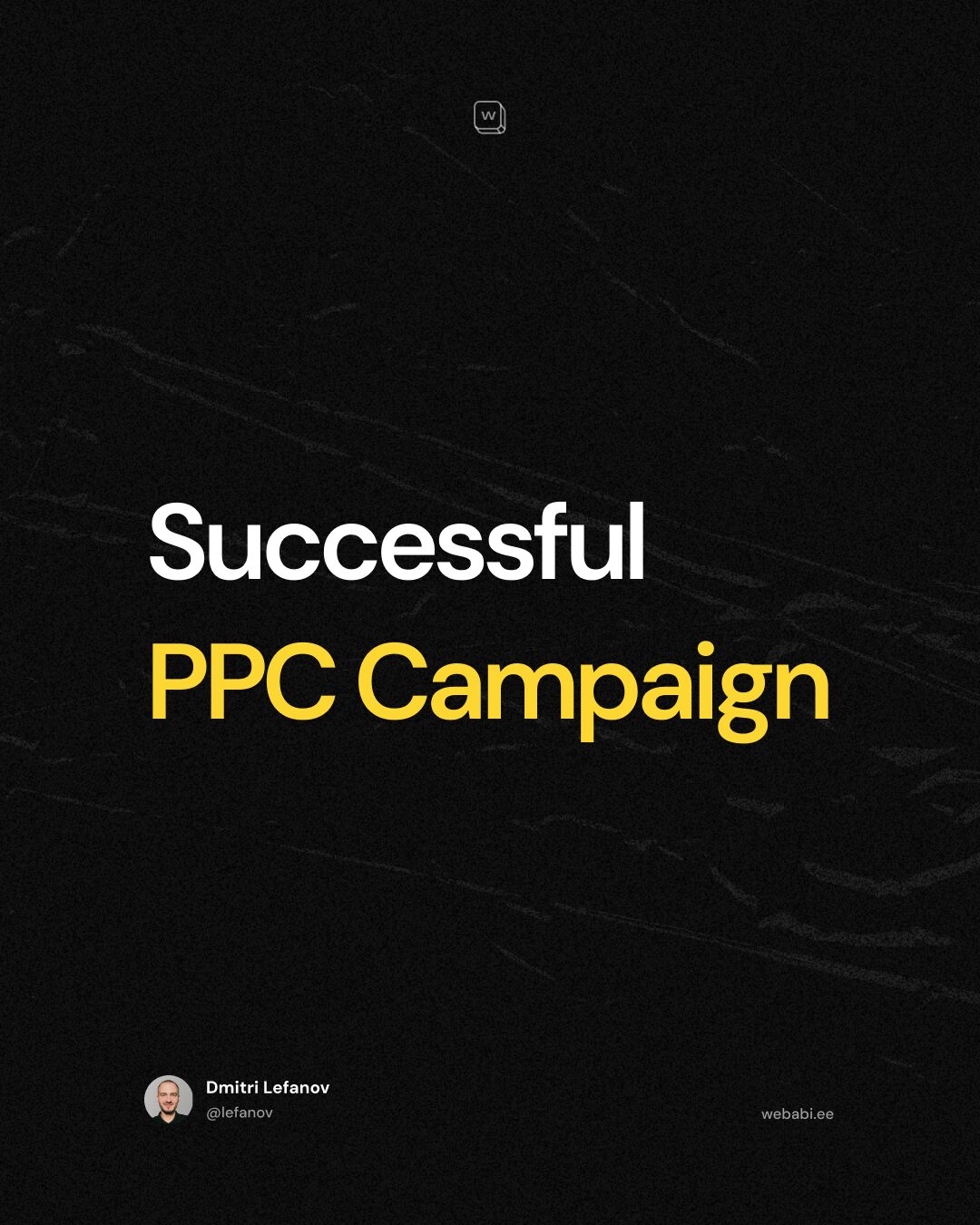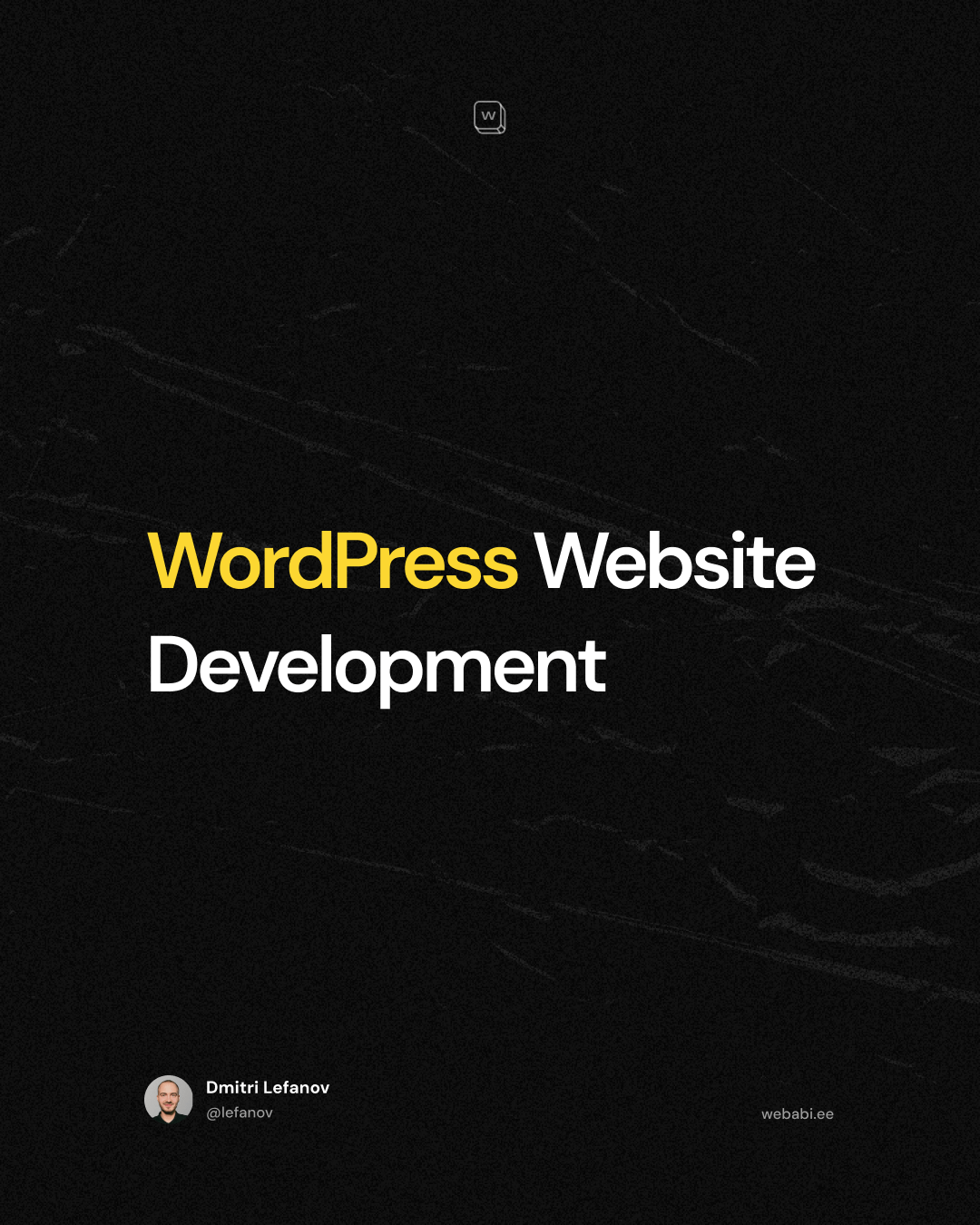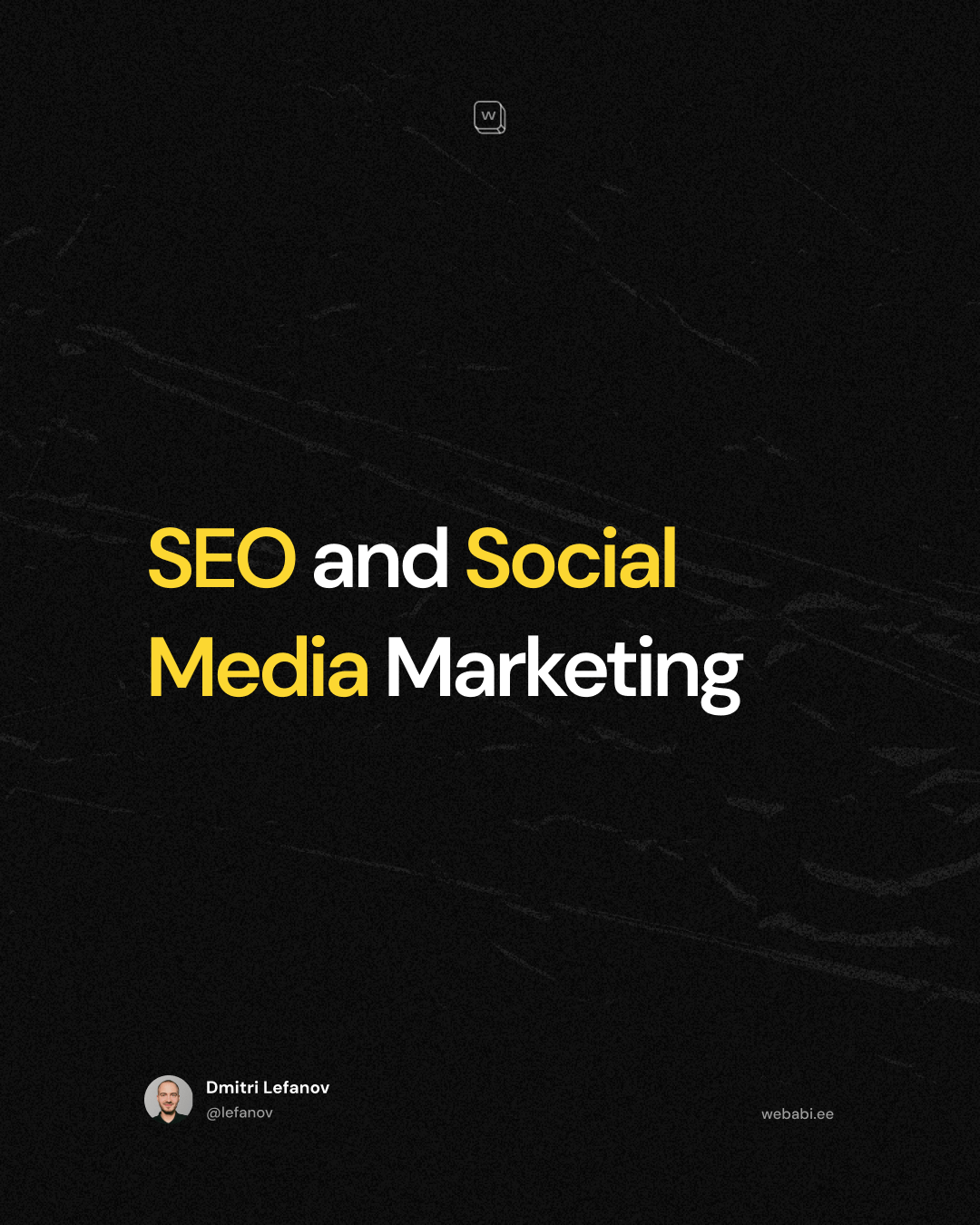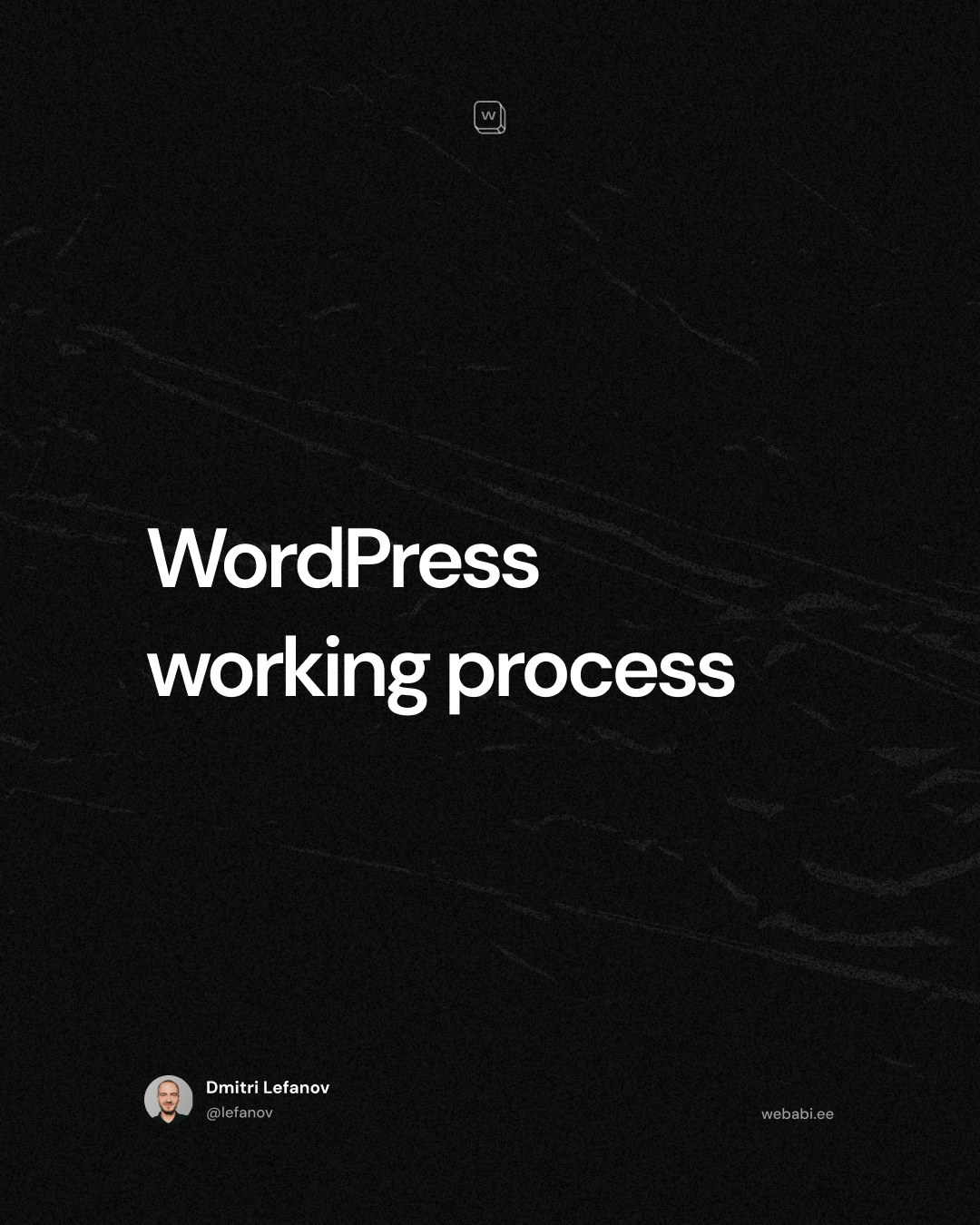[001] What is SEO and Why is it Important?
SEO (Search Engine Optimization) is the process of improving your website’s visibility in search engines like Google. The higher your site ranks in search results, the more likely users are to visit it. SEO drives organic traffic, enhances brand awareness, and ultimately boosts conversions.
[002] How Do the Right Keywords Increase Website Traffic?
Keywords are phrases people type into search engines. If someone searches for “best coffee shops in New York,” a properly optimized website will appear in the search results. By targeting the right keywords, you can:
- Attract a relevant audience.
- Improve your website’s click-through rate (CTR).
- Increase the likelihood of conversions.
[003] How to Find the Best Keywords for Your Website
- Google Keyword Planner: A free tool for keyword research.
- SEO Tools like Ahrefs and SEMrush: Advanced tools to find keyword difficulty and volume.
- Focus on Question-Based Keywords: Use phrases starting with “What,” “How,” and “Why.”
- Understand Search Intent: Differentiate between informational, transactional, and navigational keywords.
[004] SEO Best Practices for Content Optimization
- Create High-Quality Content: Write comprehensive articles that provide real value.
- Use Keywords Naturally: Avoid keyword stuffing.
- Organize with Headers (H1, H2, H3): Improve readability and SEO structure.
- Engage Your Audience: Use storytelling and visuals to captivate readers.
[005] Technical SEO: Is Your Website Fast and Mobile-Friendly?
Technical SEO ensures that your site is easy to navigate for users and search engines. Key elements include:
- Page Speed: Use tools like Google PageSpeed Insights.
- Mobile Optimization: Ensure your site is responsive on all devices.
- SSL Certificate: Secure your site with HTTPS.
[006] The Importance of Internal and External Links
- Internal Links: Help visitors and search engines discover your content.
- External Links: Enhance credibility by linking to authoritative sources.
[007] What Are LSI Keywords and How to Use Them?
LSI (Latent Semantic Indexing) keywords are related terms that add context to your content. For example, when writing about SEO, include words like “search engine ranking,” “organic traffic,” and “keyword research.” These help search engines understand your topic better.
[008] Why Long-Form Content is a Game-Changer
Search engines prefer detailed and informative content. Long-form articles:
- Cover topics more comprehensively.
- Attract more backlinks and shares.
- Keep users on your page longer.
[009] Metadata: Titles, Descriptions, and Alt Text
Well-optimized metadata improves your click-through rate:
- Meta Titles: Include your primary keyword and make it engaging.
- Meta Descriptions: Summarize the content in 150-160 characters with a call-to-action.
- Alt Text for Images: Describe the image accurately, including relevant keywords.
[010] Images and Videos: How to Optimize Them
Visuals enhance user experience but must be optimized:
- Use compressed file formats (JPEG, PNG).
- Add descriptive file names and alt text.
- Include videos to increase engagement and dwell time.
[011] Social Media and SEO: How They Work Together
Sharing your content on social platforms can:
- Drive more traffic to your website.
- Increase brand visibility.
- Generate backlinks, boosting your domain authority.
[012] Using Analytics to Measure Results
Tools like Google Analytics and Search Console help you track:
- Your top-performing pages.
- Which keywords bring the most traffic.
- How users interact with your website.
[013] Common SEO Mistakes to Avoid
- Keyword Stuffing: Overusing keywords harms your ranking.
- Poor-Quality Backlinks: Links from low-authority sites can hurt your SEO.
- Ignoring Mobile Optimization: Mobile traffic is now the majority.
- Slow Loading Pages: Frustrates users and increases bounce rates.
[014] How Local SEO Can Help Your Business Thrive
If you have a local business, focus on attracting customers in your area. Steps include:
- Registering on Google My Business.
- Using localized keywords.
- Encouraging positive customer reviews.
[015]Frequently Asked Questions About SEO
- How long does it take to see SEO results?
It usually takes 3-6 months, depending on competition and your SEO efforts. - Are keywords still important for SEO?
Yes, but context and user experience are just as critical. - What’s the difference between SEO and SEM?
SEO focuses on organic traffic, while SEM includes paid ads like Google Ads. - Can I do SEO myself?
Yes, beginner SEO can be done independently. For advanced strategies, you may need expert help. - Which SEO tools should I use?
Google Analytics, SEMrush, Ahrefs, and Yoast SEO are great tools to start with. - Why is mobile optimization important?
More than half of all web traffic comes from mobile devices, and Google prioritizes mobile-friendly sites.



